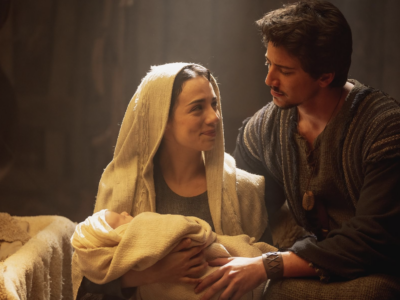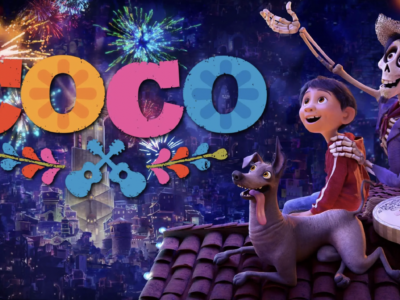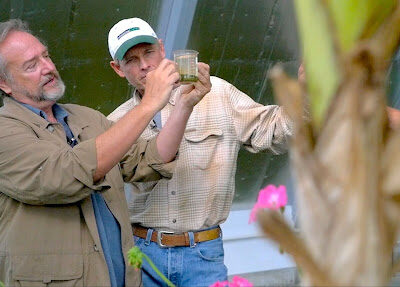The Okavango Delta holds the largest population of African elephants in the world as well as lions, cheetahs, hundreds of species of birds, and more. It is the primary source of water for about 1 million people and one of the last wetland wildernesses on our planet.
It’s the stuff lots of documentaries are made up of.
But Into the Okavango has a greater call than just capturing some amazing footage of pachyderms, giraffes, and hyenas. This wetland is threatened, and these modern-day explorers want to find out why.
Into the Okavango
Into the Okavango travels some of the least explored, undocumented regions of the world to find the source of one of the main rivers that feed the Okavango Delta, home to some of the most treasured wildlife on our planet. In order to get there, the scientists and their support team have to travel through war-torn Angola before embarking on a four-month long expedition, through three African countries, charting for the first time what has created the vibrant and flourishing delta.
But the vibrant and flourishing delta is shrinking. Less and less water is reaching and flooding the delta plain. The migratory animals are dependent upon a more concentrated area of water and vegetation, which seems to be disappearing more each year. The scientists want to know what’s going on—where is the water going? What can be done, if anything, to protect this precious ecosystem and its biodiversity?
Along the way, the crew encounters hardship upon hardship—spongy peat where they expected a river, vast tracts of land void of vegetation, undetonated landmines, and more—all while trying to track and tag dozens of species of birds, fish, mammals, and reptiles, miles and miles from civilization.
You can follow the expedition by tuning in to National Geographic Documentary Films, available on Disney+.
VIDEO: https://films.nationalgeographic.com/into-the-okavango-trailer-2018
Finding the Love: Faithifying Your Viewing
All throughout the Old Testament, God seems to be in the business of evaporating rivers. It happens for a lot of reasons.
Sometimes, God dried up rivers for practical, miraculous reasons. For the young Hebrew nation leaving Egypt, God dried up the water of the Jordan River so they could pass through to the Promised Land. “The waters which were flowing down from above stood and rose up in one heap, a great distance away at Adam, the city that is beside Zarethan; and those which were flowing down toward the sea of the Arabah, the Salt Sea, were completely cut off. So the people crossed opposite Jericho” (Joshua 3:16 NASB).
But most of the time, a dry river was a sign that something was desperately wrong.
Sometimes, it was a drought. Droughts were interpreted as God’s judgment on the people of Israel. Where there is no water, there is no life. Elijah told Ahab there would be “neither dew nor rain these years, except by my word,” and for three years, it didn’t rain (1 Kings 17).
Sometimes, it was because of arrogance and exploitation. When Assyria conquered Israel, they pillaged the land of its natural resources. It’s what warring countries often do to the conquered, in biblical times and today.
Whom have you reproached and blasphemed? And against whom have you raised your voice, and haughtily lifted up your eyes? Against the Holy One of Israel! Through your messengers you have reproached the Lord, and you have said, ‘With my many chariots I chrome up to the heights of the mountains, to the remotest parts of Lebanon, and I cut down its tall cedars and its choice cypresses. And I entered its farthest lodging place, its thickest forest. I dug wells and drank foreign waters, and with the sole of my feet I dried up all the rivers of Egypt.
2 Kings 19:22-24 NASB
The adventurers in Into the Okavango are like Old Testament prophets. They are witnesses to the evaporating delta. They are gathering data to reveal the reasons the river is changing. They are a mouthpiece for the suffering land, its animals, its vegetation, and its people, to the powers and principalities that reign in the region.
Our world and its various ecosystems are made up of vastly complex relationships, and like all relationships, they require love and care to remain balanced. Healthy relationships have boundaries. They don’t take more than they give. They respect each other. They see the spark of the divine in each other. The actions of one half of a relationship directly impact the other half.
If nations and people use and abuse creation, we break our end of the relationship. The promise withers. The land, in essence, dies.
But if the God of the Old Testament seemed to be in the business of drying up rivers, he is also the God of abundant waters. The prophet Isaiah spoke of God’s promise to “open the rivers on the bare heights and springs in the midst of the valleys,” to “make the wilderness a pool of water and the dry land fountains of water” (Isaiah 41:18, see also 43:19-20 NASB).
Why does God promise this water? Because he sees the afflicted and needy. Because while people and nations tend to have only their own interests at heart, God’s heart is for the thirsty, the poor, the needy, the hungry, the outcast, and the overlooked.
To the woman at the well, ridiculed and looked down upon by her community for her many husbands and her current affair, God spoke. He called himself Living Water, promising that whoever came to him would never thirst again.
God calls us to follow in his footsteps, to be both the image and the likeness of God, being like God, transforming our spirits to be in alignment with his Spirit, that Spirit that made water pour forth from rocks, turned deserts into lush gardens, and sought the restoration of the land so that all the people could live and prosper on it.
From the Garden of Eden into the Okavango, and beyond.





 Copyright
2024
Root and Vine
Copyright
2024
Root and Vine